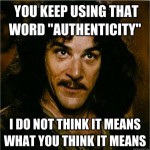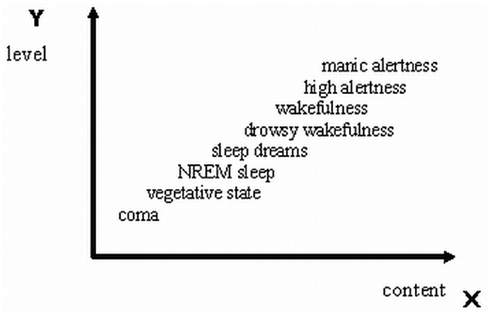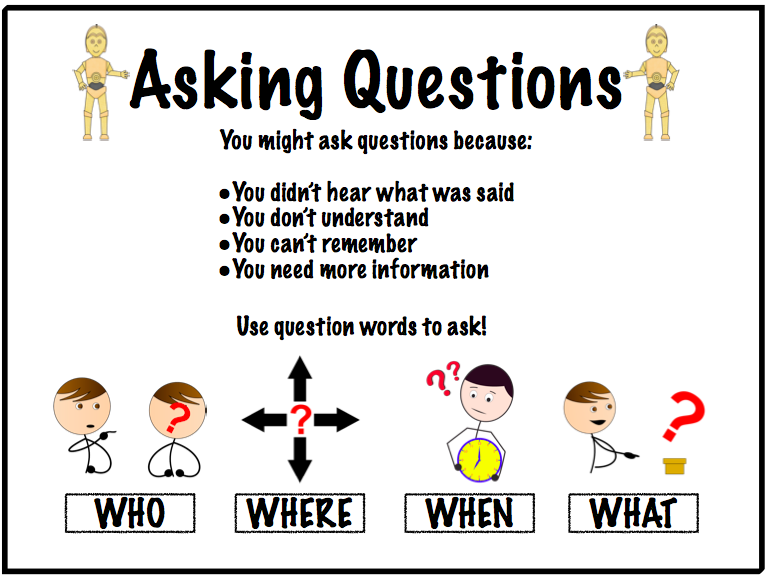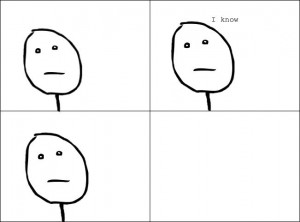
Knowledge is power. But knowledge is different from information. Information is someone’s opinion, someone’s take on something… totally unreliable. It depends on the person’s world view (sheep or individual), and intentions. Looking your organs that look outward you can only … Continue reading


 The mind doesn’t know who you are. The mind also doesn’t care who you are. The mind also doesn’t care if you enjoy life, live life fully, are fulfilled, or not.
The mind doesn’t know who you are. The mind also doesn’t care who you are. The mind also doesn’t care if you enjoy life, live life fully, are fulfilled, or not.
 It is good to know where you are at. With all the pretending, with all the charts, you probably overestimate or underestimate your vibration, your vibrational frequency.
It is good to know where you are at. With all the pretending, with all the charts, you probably overestimate or underestimate your vibration, your vibrational frequency.
 Mind says: the important thing is to have the answer.
Mind says: the important thing is to have the answer.
 In this whole series, Osho examines a piece of poem or a story from a world culture that is spiritually meaningful. This poem is Japanese. Osho distinguishes being in the present, not being in the past, not being in the future, not desiring the present different from what it is.
In this whole series, Osho examines a piece of poem or a story from a world culture that is spiritually meaningful. This poem is Japanese. Osho distinguishes being in the present, not being in the past, not being in the future, not desiring the present different from what it is.
 You live in a world of your own design. And you create the world with your beingness.
You live in a world of your own design. And you create the world with your beingness.
 The first and most important bug is KNOWING
The first and most important bug is KNOWING
 Believe it or not, grieving ((from Wikipedia: Grief is a multifaceted response to loss, particularly to the loss of someone or something that has died, to which a bond or affection was formed. Although conventionally focused on the emotional response to loss, it also has physical, cognitive, behavioral, social, spiritual, and philosophical dimensions. While the terms are often used interchangeably, bereavement refers to the state of loss, and grief is the reaction to loss, along with nostalgic longing for something or someone that probably won’t return.
Believe it or not, grieving ((from Wikipedia: Grief is a multifaceted response to loss, particularly to the loss of someone or something that has died, to which a bond or affection was formed. Although conventionally focused on the emotional response to loss, it also has physical, cognitive, behavioral, social, spiritual, and philosophical dimensions. While the terms are often used interchangeably, bereavement refers to the state of loss, and grief is the reaction to loss, along with nostalgic longing for something or someone that probably won’t return.